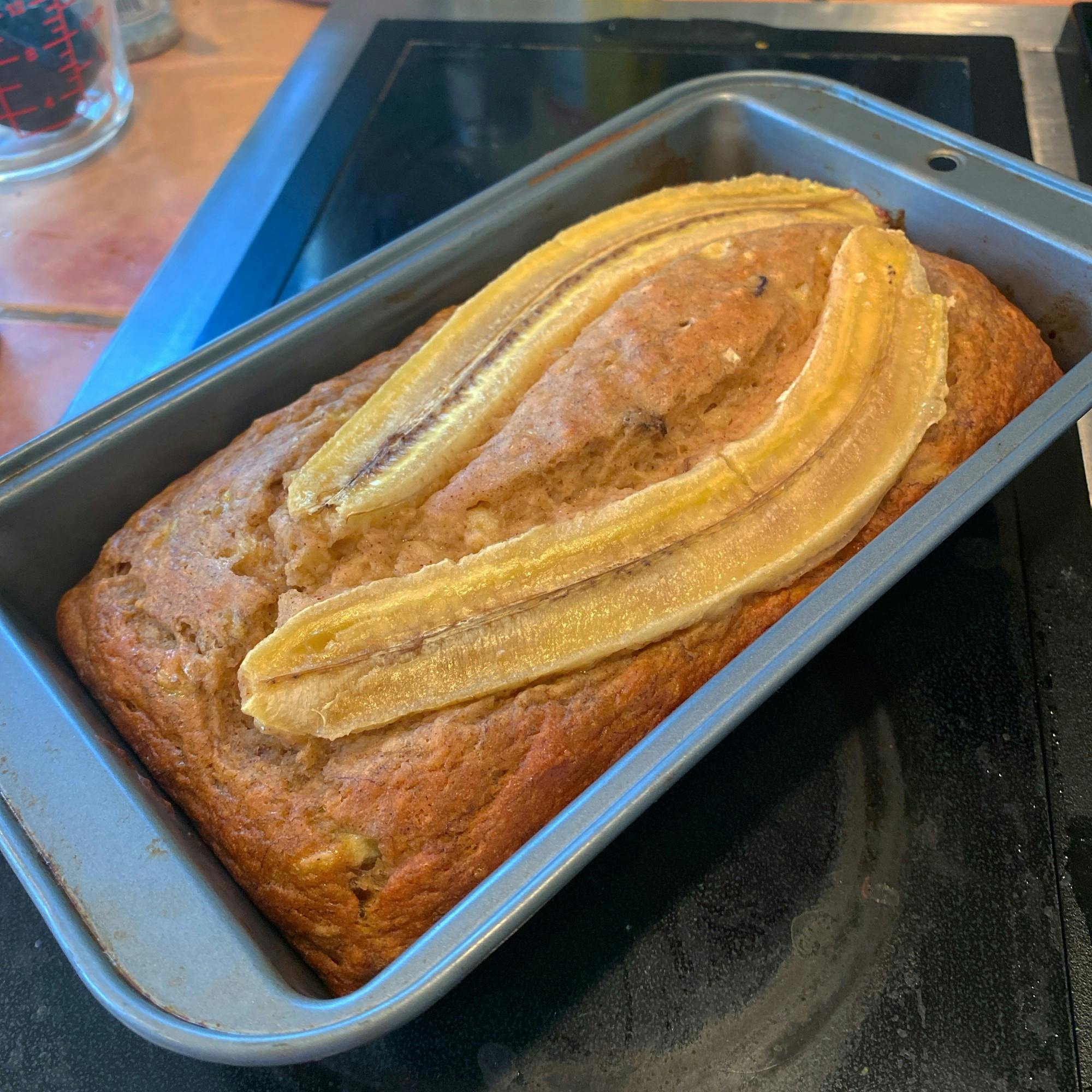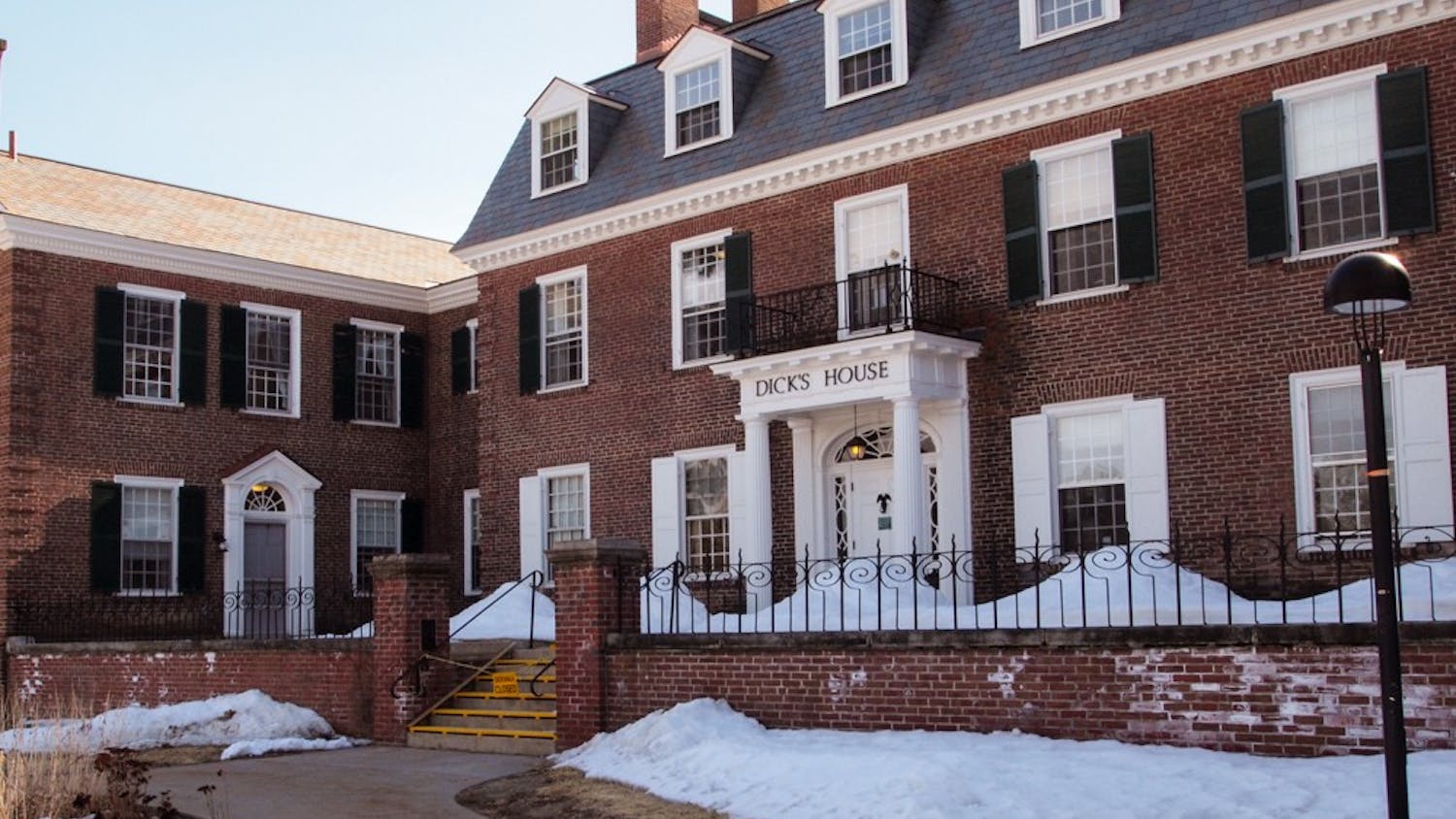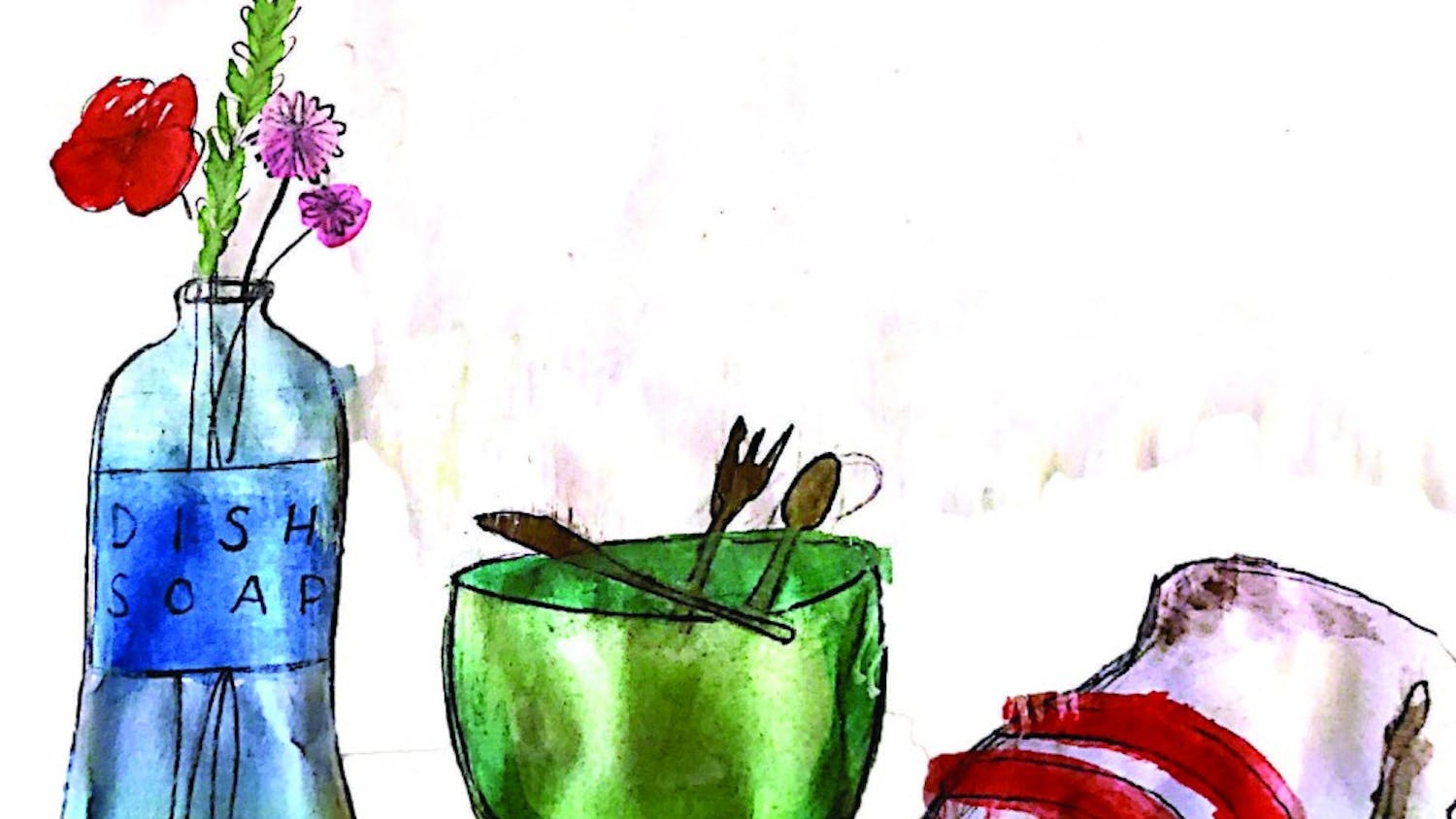“Et tu, Maggie?” I asked myself after taking my first batch of cookies out of the oven. Google searches for “bread” have more than doubled since the pandemic started. I’m sure that you, like me, have been flooded with Instagram stories of banana bread, friends’ new baking accounts or one of the 168,000 and counting #quarantinebaking posts on Instagram. And as with any good cultural movement, everyone channeling their inner Barefoot Contessa has spurred a counterculture of Twitter humor mocking quarantine bakers.
The constant hyper-awareness that we are living through a pivotal time in history creates a pressure to experience it fully. Comparisons from the media to our predecessors living through wartime starkly contrast with my everyday reality of 2x speed lectures, rewatching “The Crown” and a few half-hearted YouTube workouts. But since everyone seems to be baking bread, I, partially out of a craving for good sourdough and partially for the participation trophy, have chosen to join in.
Our sudden, collective effort to “get this bread” has resulted in nationwide yeast and flour shortages. King Arthur Flour — America’s oldest and second largest flour company, and one that holds a special place in the hearts and stomachs of Dartmouth students — is reporting sales three times higher than usual, selling 6.1 million bags of all-purpose flour in March alone. King Arthur Flour Co-CEO Karen Colberg put it well in a recent interview with Yahoo Finance: “From my perspective, baking is the new baseball; it’s become a national pastime.”
Though the magnitude of the phenomenon may be shocking, the recent popularity of baking makes a lot of sense. Baking requires time, and we definitely have it. Baking is also a stress-relieving activity, and we’ve all got plenty of stress in our lives right now.
“We have this lowest common denominator, as humans, when we are making things with our hands, there’s this positive feedback loop,” Martin Philip, former head bread baker for King Arthur Flour, said. “We are allowed to focus, and the process is meditative and at the end we have something beautiful. We are creating beauty in this quiet space. Baking is just a tool to get you into that emotional, sensitive space.”
Olivia Nadworny ’22 had never baked before quarantine, but like Philip, she’s found baking to be a meditative experience. She started with kosher for Passover muffins and is working her way up to baking a cake for her mom’s birthday.
“I always thought baking would be slightly stressful, but now that I’ve started doing it, it’s just fun and a nice way to take your mind off of everything else that’s going on, because you have to be so present in what you’re doing,” Nadworny said.
Without extracurriculars or social obligations, it’s hard to find ways to take breaks, especially ones that don’t involve more screen time. Nadworny said that she finds baking to be a good alternative to being online.
“It felt fun and productive to create something. I’d do it more as a break after being on Zoom all day. It was something I wanted to do that wasn’t on my phone or computer or TV,” Nadworny said.
Unlike Nadworny, Claire Betzer ’23 has been baking and cooking since high school. She even baked a couple of times at Dartmouth, but she really got back to it in her time at home. She documents her creations on a quarantine baking Instagram account.
“I’ve been doing weekly little projects, and then I thought it would be fun to document those recipes, so I started a food Instagram with my sister just to have fun with it,” Betzer said.
Betzer noted that she’s “trying to recreate pieces of Dartmouth at home” by recreating her favorite King Arthur Flour recipes. She started with their vegan muffins and aims to tackle their morning buns as her next project.
King Arthur Flour has taken initiative to adapt its business model to the times. Beyond the obvious steps of ramping up production, the company has launched a series of live Instagram and Facebook shows featuring their most accomplished bakers baking at home. They even put out 13 Zoom backgrounds of baked goods and scenes from their Norwich, Vermont location.
Still, even for bakers, this is not a time for romanticization.
“Because of the level of engagement with baking, I think it’s a rich time, but there’s a cloud over everything,” Philip said. “There aren’t going to be parades about the increased levels of baking. It’s a sober time.”
Philip has been recording himself baking for a series of videos for the King Arthur Flour Facebook page in his Vermont home with his son, Arlo.
“It’s nice to be able to come home and bake in a way,” Philip said. “When Arlo and I are baking together, I get to bring some of the best of what I know as a professional baker and translate it into the home environment … which is rewarding for me.”
Baking can also offer a source of remote connection. A few weeks ago, I participated in a virtual banana bread baking date with six friends over Zoom. Similarly, Nadworny explained that she set up a FaceTime date with a friend in order to bake pumpkin bread together.
“It was really cute. Not super seasonally appropriate, but it reminded me of fall and the KAF pumpkin bread,” Nadworny said.
Philip believes that food has the special ability to bring people together.
“Food is communal. Food might even be the first community. Before we had organized society, what was it that brought people together? If you go back 14,000 years, breadmaking predates modern agriculture,” Philip said.
Philip’s description reminded me that the phrase “breaking bread” connotes a sense of sharing beyond literally eating a meal with others. It refers to human connection and the historial intertwining of cultural identity with food. Though social distancing limits our ability to congregate for a group meal, we can at least substitute baking bread for breaking it.




